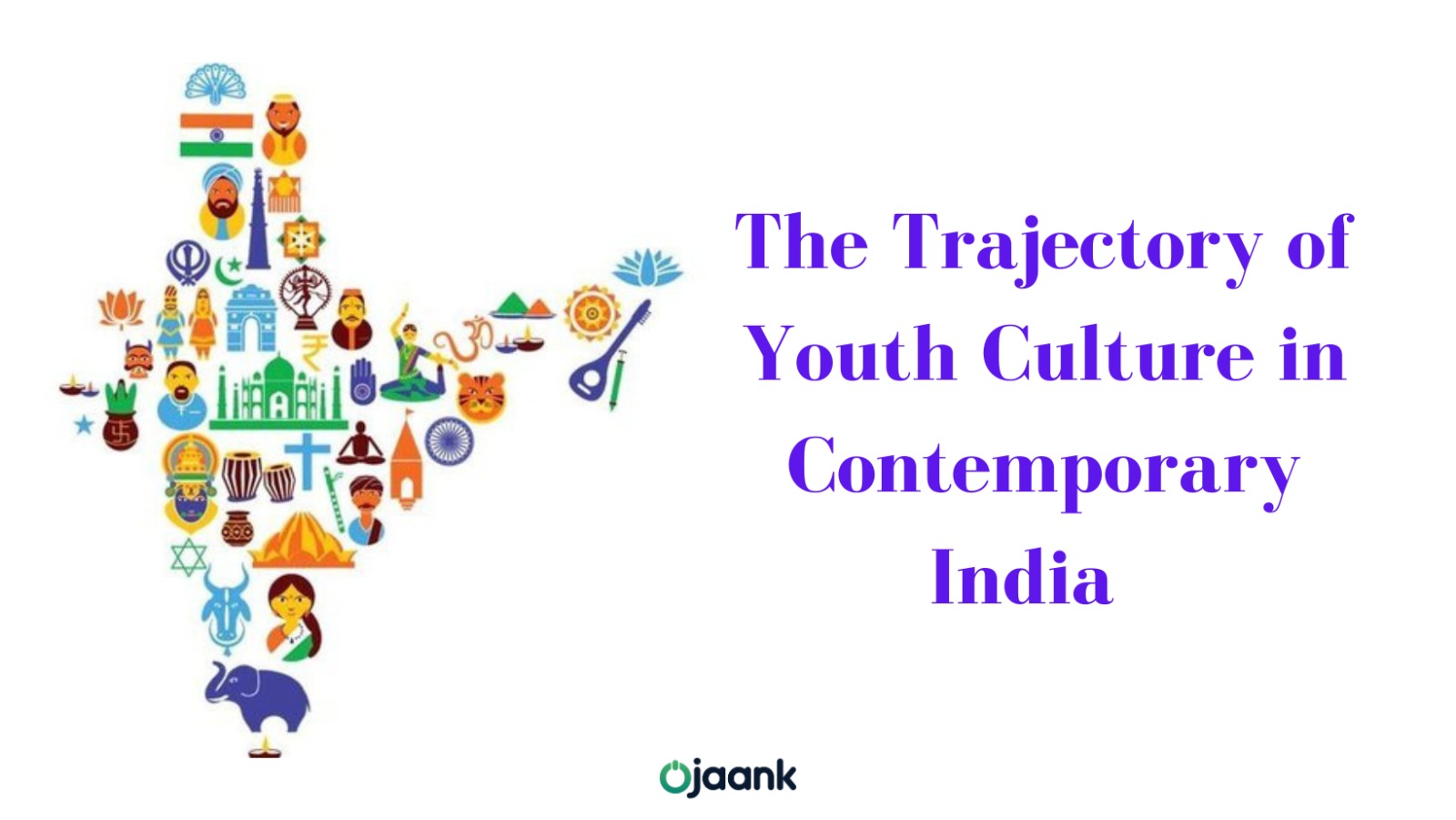The Trajectory of Youth Culture in Contemporary India

In the vast and diverse landscape of India, the youth culture of today is undergoing significant transformation, driven by a combination of social, technological, economic, and cultural factors. The path that this culture is traversing is a complex interplay of tradition and modernity, values and aspirations, and a changing socio-political landscape. In the Indian context, the trajectory of youth culture is heading towards a synthesis of global influences and local values, creating a dynamic and multifaceted cultural evolution.
One of the defining characteristics of today's youth culture in India is its symbiotic relationship with the digital revolution. The proliferation of smartphones and easy access to the internet have redefined social interaction, communication, and self-expression. Social media platforms have become virtual stages where young Indians showcase their lives, opinions, and aspirations. From sharing experiences to participating in online challenges, these platforms have given youth a medium to express their individuality and seek connections beyond geographical boundaries.
However, this digital immersion also raises concerns about its impact on mental health, privacy, and the authenticity of relationships. The pursuit of online validation and the pressure to curate a flawless image can lead to feelings of inadequacy and anxiety among young people. Additionally, the rapid spread of misinformation and the potential for online harassment are challenges that need careful consideration as the youth culture continues to navigate this digital landscape.
The youth culture in India is at a crossroads between embracing traditional values and adopting modern lifestyles. The duality of this cultural hybridity is visible in various aspects, from fashion and music to language and values. While young Indians are increasingly embracing global trends in fashion and entertainment, there is also a resurgence of interest in indigenous art forms, regional languages, and traditional practices.
For instance, festivals like Holi and Diwali are celebrated with fervor, while modern music genres like hip-hop and electronic dance music are gaining popularity. This blend of the old and the new reflects a generation that is proud of its heritage while seeking its place in the global arena. The challenge lies in maintaining a delicate equilibrium between preserving cultural roots and adapting to the rapid changes of the modern world.
The changing economic landscape of India has had a profound impact on the aspirations of its youth. The traditional notions of success, often centered around stable government jobs or professions like engineering and medicine, are now being reevaluated. A growing startup culture, the rise of the gig economy, and an increasing emphasis on creative and entrepreneurial pursuits are reshaping the way young Indians define success.
This shift is accompanied by a greater emphasis on skill development and interdisciplinary learning. Young people are exploring diverse career paths and pursuing their passions, even if they deviate from the conventional trajectory. However, this evolution also highlights the need for a supportive ecosystem that provides opportunities, mentorship, and access to resources for all segments of the youth population.
Another significant trend in the trajectory of Indian youth culture is the increasing engagement in social and political issues. The younger generation is actively using their platforms to raise awareness about issues such as gender equality, climate change, LGBTQ+ rights, and social justice. The emergence of youth-led movements and protests, both online and offline, indicates a growing sense of agency and responsibility among young Indians.
However, effective activism also demands critical thinking, empathy, and a nuanced understanding of complex issues. While the passion and energy of youth are driving positive change, it is essential for this movement to be guided by well-informed perspectives and a willingness to engage in constructive dialogue.
The Indian education system is also witnessing a gradual shift to accommodate the changing needs of the youth. There is a growing recognition of the importance of fostering creativity, critical thinking, and problem-solving skills. As a result, educators and policymakers are exploring alternative pedagogical approaches that go beyond rote learning and encourage experiential learning, interdisciplinary studies, and vocational training.
This emphasis on holistic education is crucial for equipping young Indians with the skills needed to thrive in a rapidly evolving world. However, the challenge lies in ensuring that educational reforms are inclusive and accessible to all sections of society, bridging the gap between urban and rural areas and addressing socio-economic disparities.
The youth culture of today in India is navigating uncharted waters, propelled by technological advancements, changing socio-economic dynamics, and evolving cultural values. The trajectory it is following is marked by a delicate balance between tradition and modernity, global influences and local identities, and the pursuit of individual aspirations alongside a commitment to collective well-being.
As this culture evolves, it is essential to address the challenges that arise, such as the impact of the digital world on mental health, the need to preserve cultural heritage, the inclusivity of economic opportunities, and the authenticity of social activism. Through collaborative efforts among policymakers, educators, parents, and young people themselves, the trajectory of youth culture in India can be steered towards a future that is dynamic, inclusive, and sustainable.